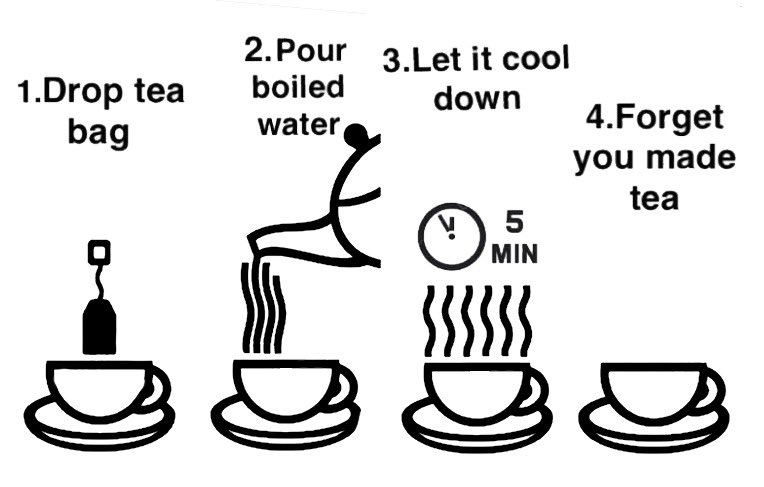12. ADHD and Relationships
Last one.
I have shared my experiences about how ADHD interferes with our ability to function in structured environments like school or the workplace, but what about within relationships? To be honest, I have been avoiding this topic so far, because it is by far the most painful for me to write about. Oh boy. Here we go…
So how does ADHD manifest itself in a relationship, and what are the typical outcomes? The short answers are: “a lot” and “bad”. The divorce rate for people with ADHD is double that of people with neurotypical brains. Double.
First the good news: ADHDers are typically kind, generous and funny. We are much more likely to focus on your wellbeing than our own because, even though we don’t deserve anything, you do (insecurities…remember?). But just as how we burn up teachers and bosses and drive them to the point of distraction, we do that to those we love too. And while those others only have to deal with us tangentially, if you are in a relationship with an ADHD brain, you are drinking from the fire hose.
At first, you will not notice anything different. Starting a new relationship generates a flood of dopamine that can keep a neurodivergent brain sharply on topic - that topic being you - for months and perhaps years. The dopamine rush doesn’t last as long for us as for everyone else, though, so our jets will cool quicker than yours. But the dopamine rush from a new relationship eventually subsides in every type of brain, and it’s after this when everyone knows that relationships take work.
Here’s where ADHD really starts taking its toll, though. While a neurotypical brain simply will revert to a healthy neurotransmitter baseline - where the work of a relationship can be managed like any other task - our brains revert to a state of dopamine starvation and stimulation panic. We are once again channel-surfing for immediate brain reward. Consequently, because much of the relationship work won’t have an imminent deadline, it gets stamped “Not Now” and shoved down into the procrastination dungeon. Even though our feelings haven’t changed - at all - over time you will feel that we have become less attentive to you because our brain is channel surfing as it seeks new sources of dopamine.
Having a quiet conversation at home or dinner out on date night or even just getting chores done around the home, the dopamine gremlin has the remote and is surfing through the channels like a maniac. We feel that we are engaged and active, while it looks to our partner that we are barely in the room. You can tell us a bunch of things, and we will forget some/most of them instantly because of our lack of working memory. If hyperfocus kicks in, it can make it seem that we are flat-out ignoring you when, in reality, our brain is stubbornly hooked into that puzzle game and we are powerless to break free.
Our ADHD symptoms impair our ability to engage in everything that makes a relationship a relationship.
All of this will look and feel to our partners like we are losing interest. They will tell us that we are lazy, that we need to try harder, that we don’t care. And these comments will cut into us like a hot knife, because we have heard them all before so many, many times. Because of this, those comments will plug directly into our lifetime of insecurity, so they will feel deserved, they will feel “right”. And so, as a prisoner of our ADHD brain, we watch helplessly while our behavior drives away the person we love most in the world.
It’s like you are outside yourself, yelling at yourself to do something as they’re pulling away, but your physical form just refuses to move or even say something. Decades of low self-esteem from ADHD will affirm that we didn’t deserve to be with this person anyway (Imposter Syndrome…remember?), so we tell ourselves that this is for the best. For them, it probably is.
For us, it makes you want to pack the remnants of your life into a van and drive off into the wilderness. Away from everything and everyone. Where there isn’t anyone around to tell you that you are lazy and that you are not trying and that you don’t care. Where there isn’t anyone around to hear you scream at the universe.
